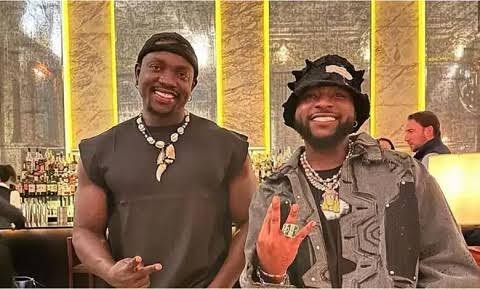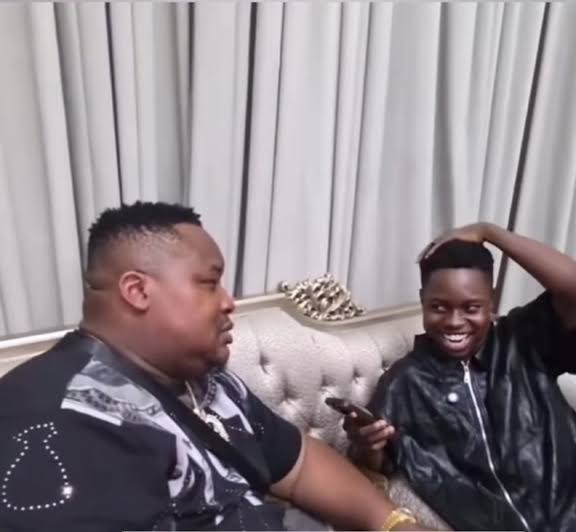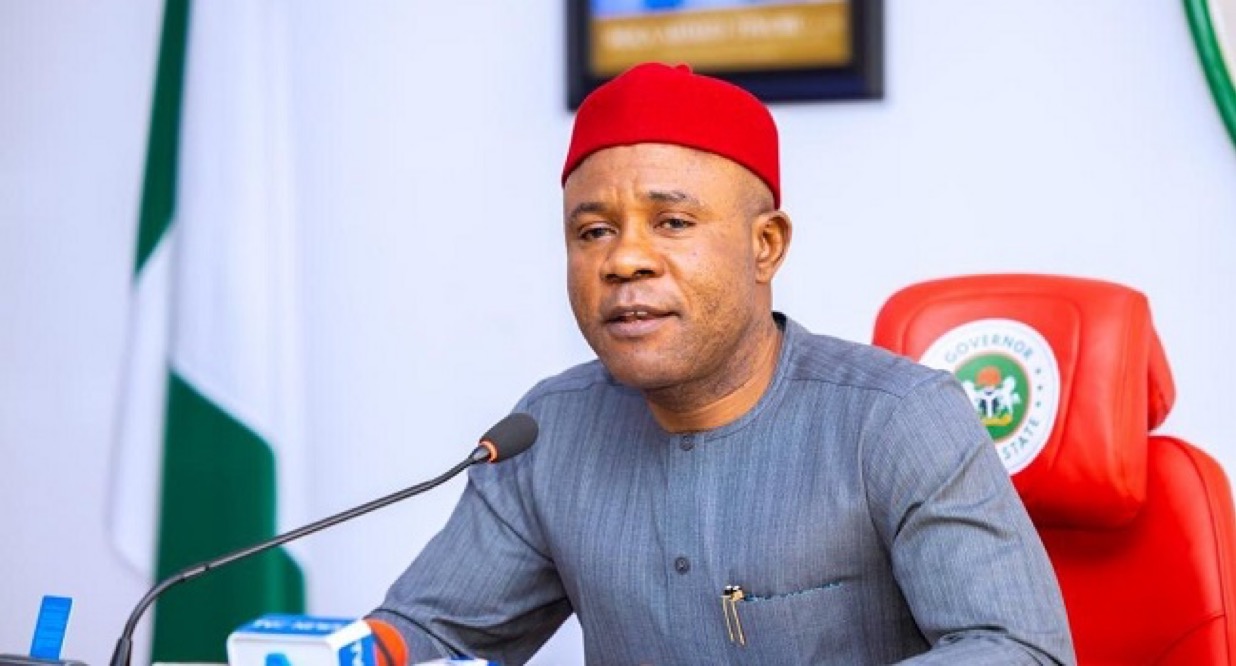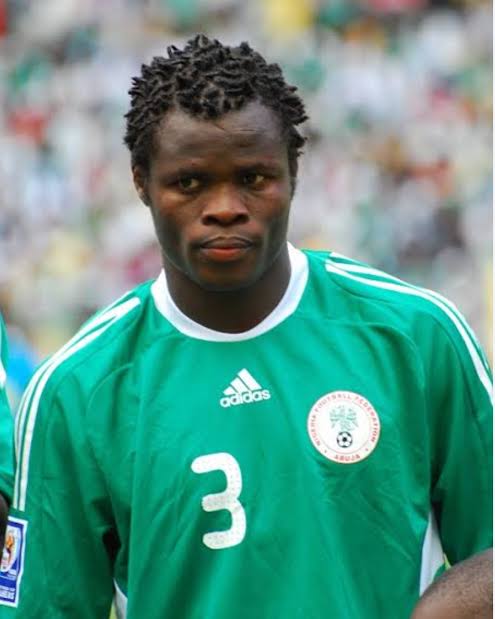
Davido Backs VeryDarkMan Amid EFCC Arrest: A Call for Justice Sparks Social Media Firestorm

Nigerian music icon Davido throws his support behind Martins Vincent Otse, popularly known as VeryDarkMan (VDM), following his controversial arrest by the Economic and Financial Crimes Commission (EFCC) on May 2, 2025, in Abuja.
Davido’s heartfelt message, “FREE MY GUY,” accompanied by a red heart emoji, underscores his influential role in rallying public attention toward social justice causes.
As a globally recognized artist, Davido’s voice amplifies the growing demand for transparency and fairness in VDM’s case, which has ignited a firestorm of reactions across social media platforms.
VDM’s arrest stems from allegations of cyberstalking, reportedly linked to his vocal criticism of GTBank and the EFCC itself.
The activist was apprehended outside a GTBank branch in Abuja, an action that many, including prominent lawyer Deji Adeyanju, have condemned as an abuse of power.
Adeyanju’s statement, shared via his law firm, paints a disturbing picture of the arrest, alleging that EFCC operatives physically assaulted VDM, blindfolded him, and labeled him a “bandit” in front of his mother.
Such claims have fueled accusations that the EFCC is overstepping its mandate, which is strictly limited to tackling economic and financial crimes, not handling issues like cyberstalking—a responsibility that falls under the jurisdiction of the Nigerian police.
The lack of clarity surrounding the arrest, coupled with the EFCC’s failure to issue an official statement as of May 4, 2025, has only deepened public mistrust.
The arrest has triggered a wave of outrage, with human rights advocates, celebrities, and ordinary Nigerians joining the call for VDM’s release.
Posts under the trend reveal a spectrum of reactions, from @OurFavOnlineDoc’s scathing critique of the EFCC as a “lawless criminal organization” to @YeleSowore’s assertion that the agency lacks the authority to prosecute for cyberstalking or defamation.
Public figures like Rev. Fr. John Oluoma and Isaac Fayose have also weighed in, questioning the legality of the arrest, especially since it was allegedly carried out without a warrant.
The involvement of Amnesty International and other organizations demanding transparency further highlights the gravity of the situation, as the EFCC’s actions are increasingly seen as an attempt to silence a vocal critic who has accused the agency of corruption.
One of the most striking outcomes of this controversy is the public’s response toward GTBank, which some believe facilitated VDM’s arrest.
Social media posts, such as one from
@dammiedammie35, report that Nigerians are closing their GTBank accounts and destroying their ATM cards in solidarity with VDM.
This boycott reflects a broader frustration with institutions perceived to collude with authorities against citizens. However, an intriguing counter-narrative has emerged, suggesting that GTBank might actually benefit financially from the protest.
As users transfer funds to other banks, the associated fees could generate significant revenue for GTBank, illustrating the complex economic dynamics at play in Nigeria’s banking sector.
This paradox underscores the challenges of organizing effective economic protests in a system where financial institutions can profit even amid public backlash.
Davido’s support for VDM not only highlights the power of celebrity influence in driving social change but also brings attention to the broader issues of justice, accountability, and institutional overreach in Nigeria.
As the #FreeVDM movement gains momentum, the EFCC faces mounting pressure to address the allegations of misconduct and provide clarity on VDM’s detention, with the nation watching closely for what comes next.


